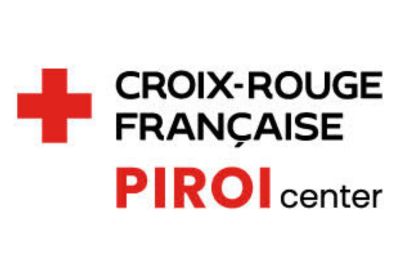The south-west Indian Ocean’s island and coastal areas, subject to severe geographic and natural constraints, are amongst the world’s most vulnerable to climate change. All major natural hazards affect the region, causing significant human and material losses, and threatening population development.
Despite such high exposure to the risks of health and natural disasters, and a broad range of organisations working in the field (scientific community, universities, institutions, NGOs, United Nations, Red Cross and Red Crescent Movement), there is currently no single regional structure that collects and pools knowledge, expertise, and operational capabilities related to disaster risk management.
In this context of increasing risks and a multiplication of stakeholders, PIROI recognised the interest of diversifying its activities in order to provide a response in line with populations’ needs.
PIROI thus plans to transition to new responsibilities and scale up its activities, in particular by strengthening its grounding in human resources training and in national and local capacity building; by implementing an integrated learning and knowledge accumulation system; and by integrating technological and methodological innovations through participation in research that will help guide operational strategies and field activities.
With this in mind PIROI aims to create a Regional Centre for Expertise, Training and Innovation, specialising in risk management and climate change: the PIROI Center.
The PIROI Center will provide a space for work and discussion between stakeholders in the fields of humanitarian work, health and natural disaster risk management, politics and development, research and training, as well as the private sector and general public. This sharing of knowledge and skills will aim to strengthen and improve local, regional, and national capacities in disaster risk management and climate change adaptation.

